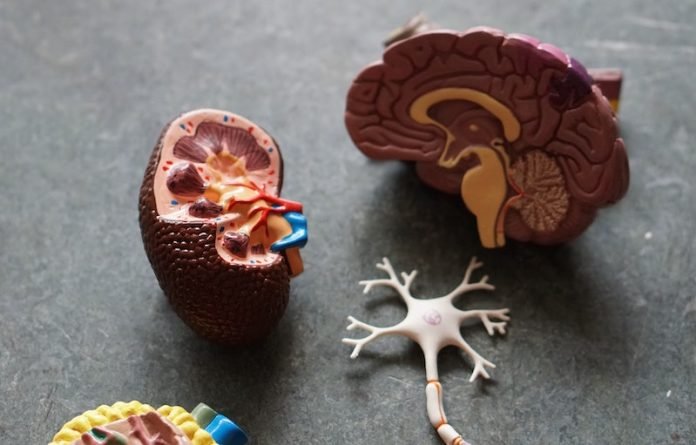
The kidneys are two bean-shaped organs. Each kidney is about the size of a fist. Your kidneys filter extra water and wastes out of your blood and make urine.
Kidney disease means your kidneys are damaged and can’t filter blood the way they should.
In a study from Monash University, scientists found maternal health may play an important role in helping prevent kidney disease.
They found the risk of developing the disease in adult life is partially determined at birth.
The study shows for the first time that some people are born with double protection against future kidney disease, while others have double the risk of poor kidney health.
About 800 million people worldwide suffer from chronic kidney disease.
While diabetes is the most common cause, the research shows some people have greater protection against a predisposition to future kidney disease than others.
In the study, the team analyzed 50 kidneys from adult donors.
They examined the kidney’s key filtering mechanism with fellow researchers—homing in on the organ’s blood filters, known as glomeruli, and analyzed their individual cells, called podocytes.
It’s known that the more podocytes present, the healthier the kidney. But researchers discovered for the first time that kidneys with more glomeruli (filters) also contain more podocytes per filter.
This means that people with more glomeruli not only have more units of podocytes overall, but these cells are more concentrated in each filter.
The research was a major breakthrough in understanding kidney disease risk, as some people have as few as 200,000 glomeruli, while others have more than 2 million.
The team says premature babies and newborns with a low birth weight typically had fewer glomeruli and an increased risk of chronic kidney disease and hypertension (high blood pressure).
While nothing can be done to increase the number of kidney filters post-birth, as they are fixed by 36 weeks gestation, maternal diet and nutrition can help maximize these numbers in the womb.
While more research was required into podocyte endowment, early discoveries showed expectant mothers could reduce their babies’ future kidney disease risk by abstaining from alcohol and eating a balanced diet.
If you care about kidney health, please read studies about the big causes of chronic kidney disease, and what you need to know about kidney disease and COVID-19.
For more information about kidney health, please see recent studies about how to protect your kidneys from diabetes, and results showing how to eat right for chronic kidney disease.
The study was conducted by Dr. Kotaro Haruhara et al and published in Kidney International.
Copyright © 2022 Knowridge Science Report. All rights reserved.



